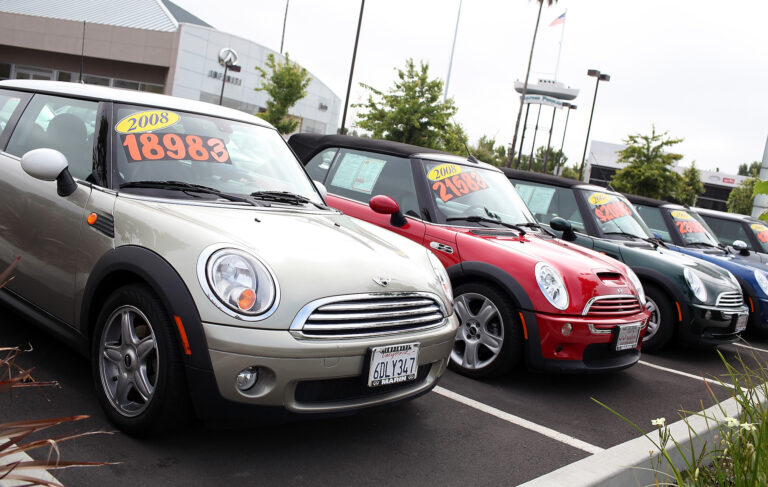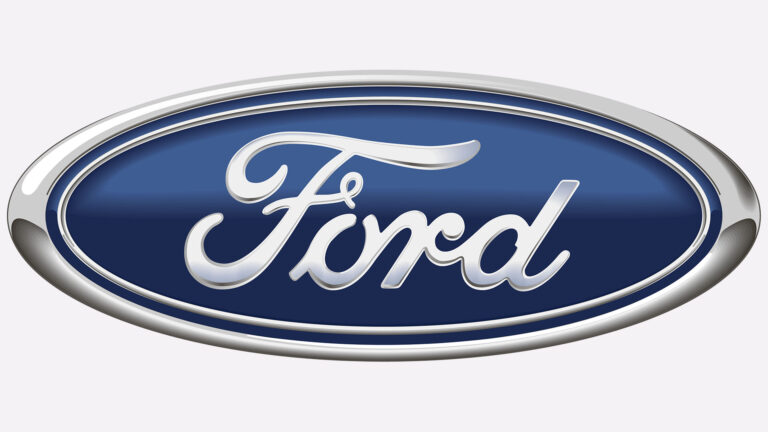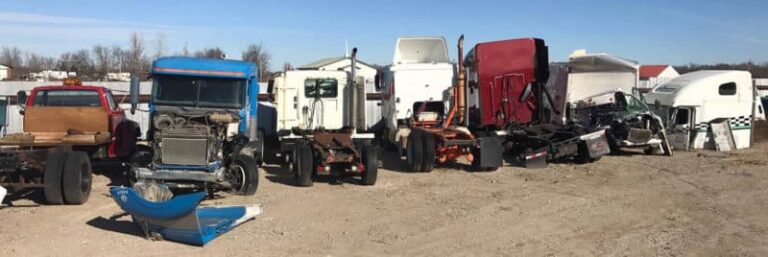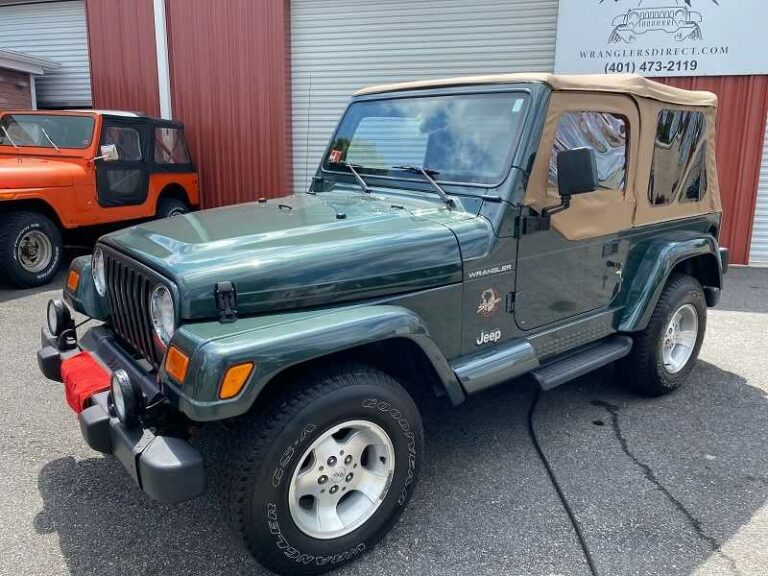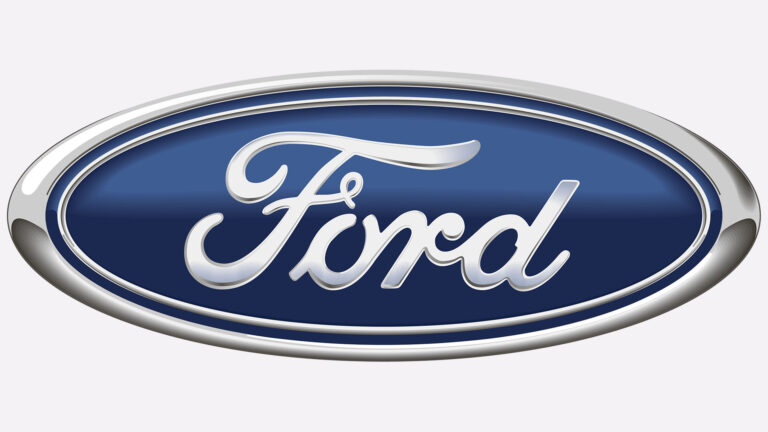Traffic Control Trucks For Sale: Your Comprehensive Guide to Ensuring Roadway Safety
Traffic Control Trucks For Sale: Your Comprehensive Guide to Ensuring Roadway Safety cars.truckstrend.com
The arteries of our modern world are its roads, highways, and thoroughfares. On any given day, these vital pathways are in constant flux – undergoing repairs, hosting special events, or navigating unexpected incidents. Ensuring the safety of both motorists and roadside workers during these times is paramount, and it’s a responsibility largely shouldered by specialized vehicles: Traffic Control Trucks. These aren’t just ordinary trucks; they are mobile safety platforms equipped with a range of features designed to warn, guide, and protect.
For businesses involved in road construction, utility maintenance, event management, or emergency services, acquiring the right traffic control truck is not merely a purchase; it’s an investment in safety, efficiency, and compliance. This comprehensive guide will delve into every aspect of "Traffic Control Trucks For Sale," from understanding their diverse types and essential features to navigating the buying process and making an informed decision.
Traffic Control Trucks For Sale: Your Comprehensive Guide to Ensuring Roadway Safety
What Are Traffic Control Trucks? Types and Essential Features
Traffic Control Trucks (TCTs) are purpose-built vehicles designed to manage and direct traffic flow in work zones, accident sites, or during special events. Their primary function is to enhance visibility, provide clear instructions, and offer a physical barrier to protect personnel and equipment. While the term is broad, TCTs typically fall into several key categories, each with specialized equipment:
- Arrow Board Trucks: These are perhaps the most common type. Mounted with large, highly visible LED arrow boards, they direct traffic to merge, shift lanes, or indicate a closed lane. They are crucial for short-term lane closures and mobile operations.
- Attenuator Trucks (TMA Trucks): Standing for Truck-Mounted Attenuator, these are the heavy-duty protectors of the fleet. Equipped with a crash-absorbing cushion (the attenuator) mounted to the rear, they are designed to absorb the impact of a rear-end collision, protecting both the vehicle’s occupants and workers ahead. They are often deployed at the beginning of a work zone or as a shadow vehicle for mobile operations. Many TMA trucks also feature arrow boards or variable message signs.
- Variable Message Sign (VMS) Trucks / Message Board Trucks: These trucks carry large electronic signs capable of displaying custom text messages, symbols, or graphics. They are invaluable for conveying detailed information, such as upcoming road closures, detours, speed limit changes, or emergency alerts, often in real-time.
- Combination Trucks: Many modern TCTs integrate multiple features, such as an attenuator, an arrow board, and sometimes even a small VMS, offering maximum versatility and protection from a single unit.

Essential Features of Traffic Control Trucks:
- High-Visibility Lighting: Amber strobe lights, beacons, and powerful work lights are standard to ensure the truck is seen day and night.
- Safety Markings: Reflective tape, high-contrast paint schemes, and appropriate signage (e.g., "WORK ZONE AHEAD").
- Communication Systems: Often include two-way radios and public address systems.
- Storage: Secure compartments for cones, signs, barricades, and other traffic control devices.
- Power Systems: Generators or robust electrical systems to power all onboard equipment.
- Ergonomic Controls: Easy-to-use controls for operating arrow boards, VMS, and other systems from the cabin.
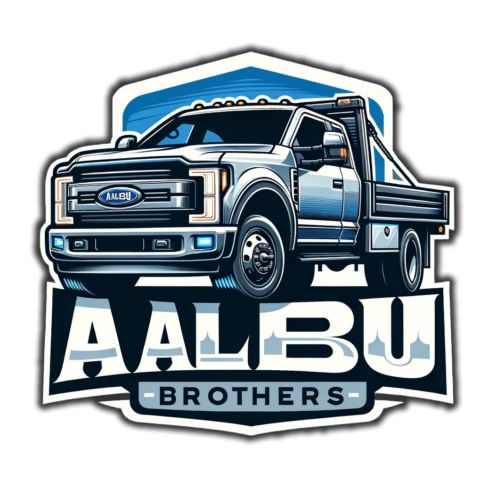
Why Invest in a Traffic Control Truck? Benefits Beyond Compliance
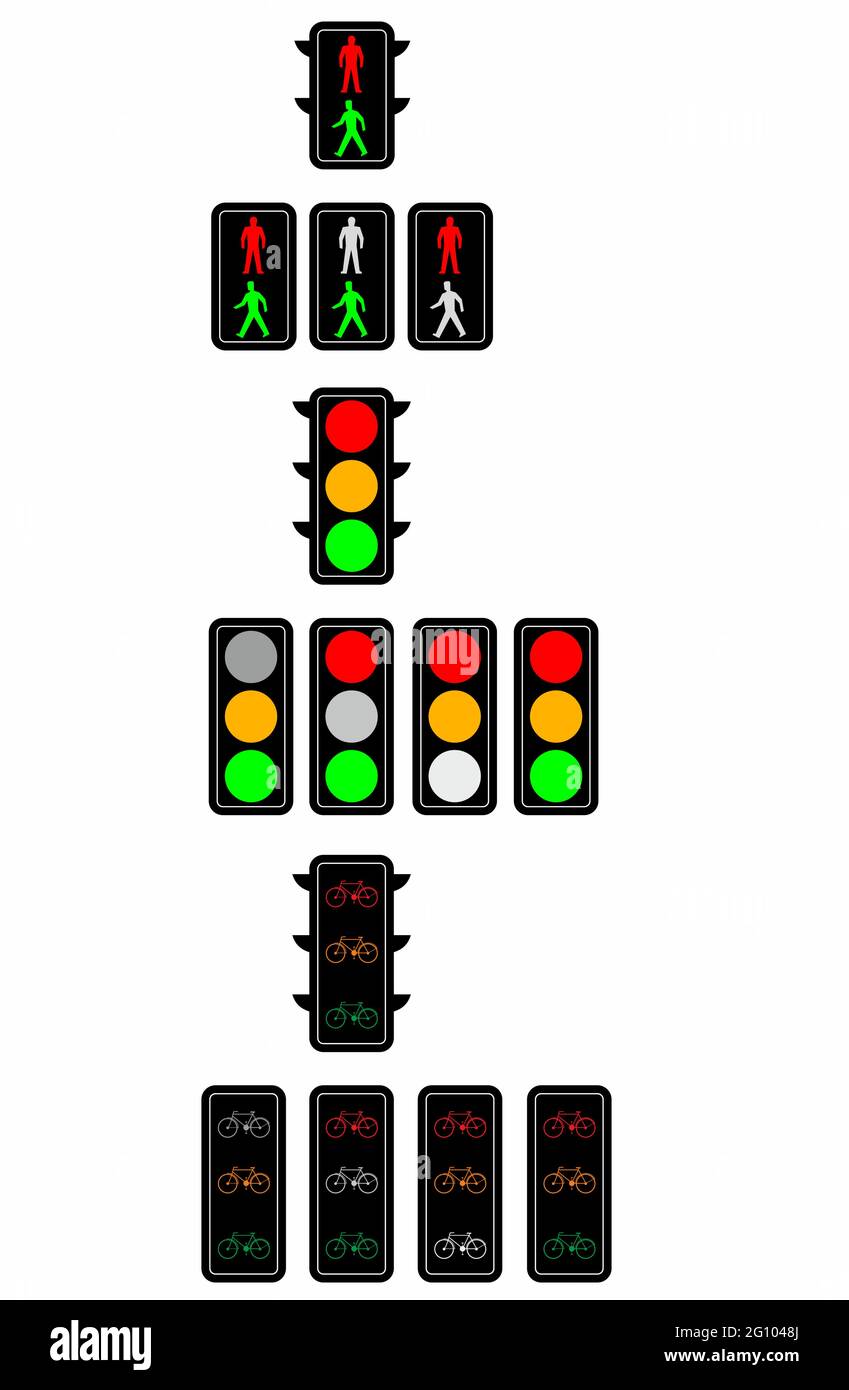
Acquiring a traffic control truck is more than just fulfilling a regulatory requirement; it offers substantial benefits that impact safety, efficiency, and your bottom line.
- Enhanced Safety: This is the paramount benefit. TCTs significantly reduce the risk of accidents for both roadside workers and the traveling public by providing clear warnings, guidance, and a physical barrier against errant vehicles. Attenuator trucks, in particular, are lifesavers.
- Improved Operational Efficiency: With a dedicated TCT, your crew can set up and dismantle work zones more quickly and safely. Real-time message capabilities allow for dynamic traffic management, reducing bottlenecks and improving flow.
- Regulatory Compliance: Federal (e.g., MUTCD – Manual on Uniform Traffic Control Devices) and state regulations mandate specific traffic control measures for various work scenarios. Owning a properly equipped TCT ensures you meet these requirements, avoiding costly fines, project delays, and potential legal liabilities.
- Professionalism and Reputation: A well-maintained and appropriately equipped TCT demonstrates your commitment to safety and professionalism. This can enhance your company’s reputation, attracting more contracts and clients.
- Versatility: A single TCT can be deployed for a wide range of applications, from short-term utility work to long-term highway construction, special event management, and emergency response.
- Long-Term Cost Savings: By preventing accidents, reducing worker injuries, and avoiding regulatory penalties, TCTs can offer significant long-term cost savings that far outweigh the initial investment.
Key Considerations When Buying a Traffic Control Truck
Purchasing a traffic control truck requires careful thought to ensure you get the right vehicle for your specific needs and budget.
- New vs. Used:
- New: Offers the latest technology, full warranty, and no prior wear and tear. Higher upfront cost. Ideal for long-term investment and specific customization needs.
- Used: More budget-friendly, quicker depreciation already absorbed. Requires thorough inspection, may have limited or no warranty. Excellent for smaller operations or as an addition to an existing fleet if condition is good.
- Budget and Total Cost of Ownership (TCO): Beyond the purchase price, factor in fuel, insurance, maintenance, repairs, and potential customization costs.
- Vehicle Type and Chassis: Consider the weight and power requirements for the equipment you’ll carry. A heavy-duty chassis (e.g., Ford F-Series, Ram, Freightliner, International) is often necessary for attenuators and large VMS units. Match the truck’s Gross Vehicle Weight Rating (GVWR) to your anticipated load.
- Equipment Type and Specifications:
- Attenuator Rating: For TMA trucks, ensure the attenuator meets current crash test standards (e.g., MASH TL-3 or NCHRP 350 TL-3). This is crucial for worker safety.
- Arrow Board/VMS Size and Visibility: Consider the brightness, legibility, and programming capabilities. Larger, brighter boards are better for high-speed highways.
- Power Source: Ensure the onboard generator or battery system can adequately power all equipment for the duration of your typical operations.
- Regulatory Compliance and Certifications: Verify that the truck and its equipment comply with federal (MUTCD) and state-specific traffic control regulations. For TMAs, proof of crash-worthiness certification is non-negotiable.
- Maintenance History (for Used Trucks): Request comprehensive service records. A well-maintained used truck can be an excellent value. Look for signs of neglect or major repairs.
- Seller Reputation: Whether buying from a dealer, auction, or private seller, research their reputation for reliability, transparency, and after-sales support.
- Customization Needs: Do you need specific storage solutions, additional lighting, onboard compressors, or specialized power outlets? Factor these into your decision.
Where to Find Traffic Control Trucks For Sale
The market for traffic control trucks is robust, offering several avenues for potential buyers:
- Specialized Heavy Equipment Dealerships: Many dealerships focus specifically on construction, utility, and municipal vehicles. They often have new and used TCTs, offer financing, and provide service support.
- Online Marketplaces:
- Industry-Specific Platforms: Websites like TruckPaper.com, IronPlanet.com, EquipmentTrader.com, and GovDeals.com (for government surplus) are excellent resources.
- General Classifieds: eBay Motors, Craigslist (with caution and thorough vetting) can sometimes yield results, especially for smaller units.
- Auction Houses: Ritchie Bros., IronPlanet, and local industrial auctioneers frequently have TCTs available. Auctions can offer competitive pricing but require quick decision-making and often "as-is" purchases.
- Direct from Rental Companies or Contractors: Companies upgrading their fleets or selling off excess inventory can be a good source for well-maintained used trucks. Networking within the industry can reveal these opportunities.
- Manufacturer Websites: For new trucks, visiting the websites of leading manufacturers (e.g., TrafFix Devices, Ver-Mac, Royal Truck & Equipment) can help you explore models and find authorized dealers.
The Buying Process: A Step-by-Step Guide
Once you’ve identified potential candidates, follow these steps to secure your traffic control truck:
- Define Your Needs and Budget: Before looking, clearly outline the types of jobs you’ll use the truck for, the required equipment, and your maximum budget.
- Research and Shortlist: Use online resources and dealer inventories to identify trucks that meet your initial criteria.
- In-Depth Inspection (Crucial for Used):
- Physical Inspection: Check for rust, body damage, tire wear, and overall structural integrity.
- Mechanical Inspection: Start the engine, check for fluid leaks, listen for unusual noises, test brakes, transmission, and steering. If possible, get a pre-purchase inspection by a qualified mechanic.
- Equipment Functionality: Test the arrow board, VMS, attenuator deployment/retraction, lights, and all electrical systems. Ensure the attenuator is free from damage and has valid certification.
- Verify Documentation: Confirm clear title, VIN matching, maintenance records, and any required safety certifications (e.g., MASH/NCHRP 350 for TMAs).
- Negotiate Price: Be prepared to negotiate, especially for used vehicles. Research market values to ensure you’re getting a fair deal.
- Arrange Financing (If Needed): Explore options with your bank, credit union, or the dealer’s financing department.
- Complete the Purchase: Sign all necessary paperwork, transfer funds, and obtain proof of ownership.
- Plan for Delivery/Pickup: Arrange transportation if you’re buying from out of state or unable to drive it yourself.
- Insurance and Ongoing Maintenance: Secure appropriate commercial vehicle insurance. Establish a regular maintenance schedule to ensure the truck remains safe and compliant.
Practical Advice and Actionable Insights
- Prioritize Safety Ratings: For TMA trucks, never compromise on MASH TL-3 or NCHRP 350 TL-3 compliance. This is a non-negotiable safety feature.
- Regular Maintenance is Key: Traffic control trucks operate in harsh environments. Regular inspections and preventative maintenance are vital to ensure reliability and extend the lifespan of the vehicle and its specialized equipment.
- Consider Multi-Functional Units: While more expensive upfront, a truck combining an attenuator with a VMS or arrow board offers greater versatility and can reduce the need for multiple specialized vehicles.
- Understand Local Regulations: Federal MUTCD guidelines are a baseline. Always check your state and local Department of Transportation (DOT) regulations for specific requirements on equipment, signage, and deployment.
- Factor in Operating Costs: Beyond the purchase price, consider fuel efficiency, insurance premiums, and the cost of replacement parts for specialized equipment.
- Don’t Rush the Decision: Take your time, do your due diligence, and compare multiple options before making a commitment.
Traffic Control Truck Estimated Price Guide
Prices for traffic control trucks vary significantly based on condition (new vs. used), year, make, model, chassis size, and the specific equipment installed. The following table provides estimated price ranges for common configurations. These are general guidelines and actual prices will fluctuate with market demand and individual vehicle specifications.
| Type of Traffic Control Truck | Condition | Estimated Price Range (USD) | Key Factors Influencing Price |
|---|---|---|---|
| Arrow Board Truck | Used | $25,000 – $70,000 | Truck mileage, arrow board size/type, chassis condition. |
| New | $60,000 – $120,000 | Chassis brand/model, LED technology, warranty. | |
| TMA (Attenuator) Truck | Used | $70,000 – $180,000 | Truck mileage, attenuator condition/rating (MASH/NCHRP), chassis age, body type. |
| New | $150,000 – $350,000+ | Chassis brand/size, MASH TL-3 attenuator, advanced safety features, custom body. | |
| VMS (Message Board) Truck | Used | $40,000 – $100,000 | Truck mileage, VMS board size/resolution, programming features, chassis condition. |
| New | $90,000 – $200,000+ | Chassis brand/size, full-color/graphic capabilities, remote access features. | |
| Combination Truck | Used | $90,000 – $250,000+ | Combines TMA, arrow board, sometimes VMS. Varies widely based on included equipment and condition. |
| (TMA + Arrow Board/VMS) | New | $200,000 – $450,000+ | Premium chassis, MASH TL-3, advanced integrated systems, customization. |
Note: These ranges do not include potential taxes, registration fees, or transportation costs.
Frequently Asked Questions (FAQ)
Q1: What’s the main difference between an arrow board truck and a TMA truck?
A1: An arrow board truck primarily uses a large LED arrow board to direct traffic. A TMA (Truck-Mounted Attenuator) truck, while often having an arrow board, is fundamentally equipped with a crash-absorbing attenuator on the rear, designed to protect the vehicle and personnel from rear-end collisions. TMA trucks are about physical protection, while arrow board trucks are about visual guidance.
Q2: Are used traffic control trucks a good investment?
A2: Yes, a well-maintained used traffic control truck can be an excellent investment, offering significant cost savings over new models. However, thorough inspection, verification of maintenance records, and checking the condition of specialized equipment (especially attenuators) are crucial.
Q3: What safety certifications should I look for, especially for TMA trucks?
A3: For TMA trucks, the most critical certification is compliance with MASH TL-3 (Manual for Assessing Safety Hardware Test Level 3) or the older NCHRP 350 TL-3 (National Cooperative Highway Research Program Report 350 Test Level 3). These standards ensure the attenuator has been crash-tested and proven to safely absorb impacts at specified speeds.
Q4: How often do these trucks need maintenance?
A4: Like any commercial vehicle, traffic control trucks require regular preventative maintenance based on mileage or hours of operation, as recommended by the chassis and equipment manufacturers. This includes oil changes, fluid checks, tire rotations, and specific checks for the arrow board, VMS, attenuator, and electrical systems. Daily pre-operation checks are also essential.
Q5: Can I customize a traffic control truck after purchasing it?
A5: Yes, many companies customize their TCTs with additional storage, specialized lighting, power inverters, and communication equipment to suit their specific operational needs. Ensure any modifications do not compromise the vehicle’s structural integrity or safety certifications, especially for TMA units.
Q6: What is the typical lifespan of a traffic control truck?
A6: With proper maintenance, the chassis of a traffic control truck can last 10-15 years or more, often reaching 200,000-300,000 miles. The specialized equipment (arrow boards, VMS, attenuators) may have a slightly shorter lifespan or require more frequent component replacement, but overall, they are built for durability in demanding environments.
Conclusion
Traffic control trucks are indispensable assets for any operation that impacts public roadways. They are the frontline defense in preventing accidents, ensuring smooth traffic flow, and protecting valuable human lives. When considering "Traffic Control Trucks For Sale," the decision should be driven by a clear understanding of your operational needs, a meticulous evaluation of the vehicle’s condition and features, and an unwavering commitment to safety standards. By making an informed choice, you not only acquire a vital piece of equipment but also invest in the safety, efficiency, and professional reputation of your organization for years to come.

